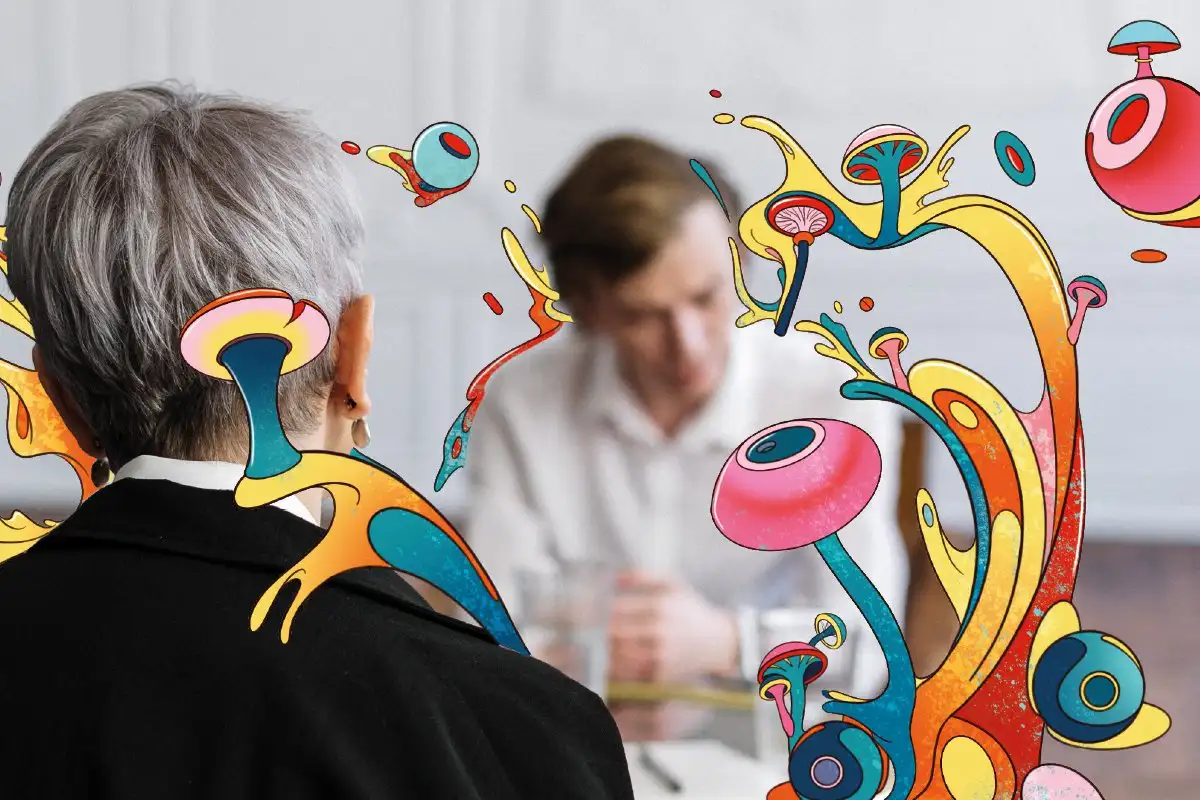House VA Subcommittee Postpones Historic Psychedelic-Assisted Therapy Hearing
LOS ANGELES- A groundbreaking hearing of the House VA’s subcommittee on Health, set to discuss the potential of psychedelic-assisted therapies in combating mental health disorders, has been postponed. The delay was attributed to the ongoing turmoil in the House over the election of a new speaker.
The aptly named “Emerging Therapies: Breakthroughs in the Battle Against Suicide?” hearing is noteworthy, as it’s the inaugural federal legislative discussion targeting the possible use of entheogenic substances to counter the troubling rate of veteran suicides, as reported by Marijuana Moment.
The proposed discussion was divided into two panels. On one side were VA Department officials, and on the other, a diverse set of psychedelics reform proponents, including a veteran who benefited from MDMA therapy to treat his PTSD and suicidal tendencies.
Highlights of the Postponed Agenda
Carolyn Clancy, VA’s assistant undersecretary for health for discovery, education, and affiliate networks, emphasized that while the agency ardently seeks “the best innovative treatments and cures,” patient safety remains paramount. Other speakers lined up for the first panel included Ilse Wiechers, deputy executive director of VA’s Office of Mental Health and Suicide Prevention, and Rachel Yehuda, director of patient care at the Bronx VA Medical Center.
The second panel was set to feature luminaries from various disciplines. Frederick Barrett, professor at Johns Hopkins Center for Psychedelic and Consciousness Research; Michael Mullette, COO of MAPS PBC and Principal Investigator of MDMA clinical trials; Rajeev Ramchand from the RAND Corporation’s Epstein Family Veterans Policy Research Institute; and retired Marine Corps Lt. Gen. Martin R. Steele, CEO of Reason for Hope and president of the Veteran Mental Health Leadership Coalition, were among the scheduled speakers.
Dr. Mullette highlighted that while MDMA-assisted therapy is an emerging treatment, its components, including prescription treatments and talk therapy, have been around. The innovation lies in combining them. He explained that during MAPS’ clinical trials, participants underwent a combination of MDMA and therapy or placebo and therapy, supplemented by three therapy sessions before and after the medication sessions.
Separately, Ramchand underscored the pressing need for more funding to expedite research and understanding of these therapies. He called on Congress to streamline the process for researching psychedelic compounds, thereby accelerating their potential benefits to society.


































